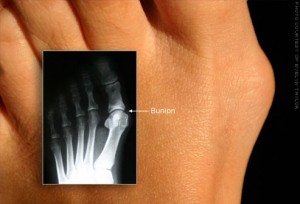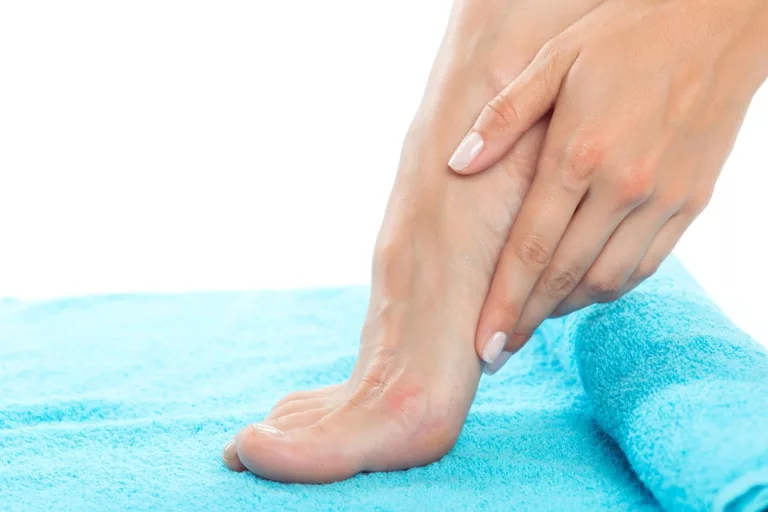Common Bunion Surgery Questions
Here are some frequently asked questions (FAQs) and answers about bunions and their treatment.
1. Are bunions hereditary?
An inherited faulty mechanical structure of the foot most often causes bunions. It is not the bunion itself that is inherited, but certain foot types that make a person prone to developing a bunion.
2. Do over-the-counter pads and splints really work?
Pads placed over the area of the bunion may help minimize pain from a bunion. However, padding and splinting cannot reverse a bunion deformity.
3. Will my bunion get worse?
Because bunions are progressive, they don’t go away, and will usually get worse over time. But not all cases are alike. Some bunions progress more rapidly than others.
4. Is it better to have it fixed now, or should I wait?
When the pain of a bunion interferes with daily activities, it’s time to discuss surgical options with your foot and ankle surgeon. Together you can decide if surgery is best for you.
5. How can I avoid surgery?
Sometimes observation of the bunion is all that’s needed. A periodic office evaluation and x-ray examination can determine if your bunion deformity is advancing, thereby reducing your chance of irreversible damage to the joint. In many other cases, however, some type of treatment is needed, such as changes in shoes, padding, activity modifications, pain medications, icing, injection therapy, and orthotic devices.
When the pain of a bunion interferes with daily activities, it’s time to discuss surgical options with your foot and ankle surgeon. Together you can decide if surgery is best for you.
6. Will my insurance company pay for the surgery?
In most cases, yes.
7. Is the surgery painful?
The amount of pain experienced after bunion surgery is different from one person to the next. Most patients will experience discomfort for three to five days. If you closely follow your foot and ankle surgeon’s instructions, you can help minimize pain and swelling after your bunion surgery.
8. What type of anesthesia is involved?
Most bunion surgeries involve local anesthesia with intravenous sedation. That means your foot will be numb and you will be given medications to relax you during the procedure.
9. If I need surgery, how long will recovery take?
The length of the recovery period will vary, depending on the procedure or procedures performed. Your foot and ankle surgeon will provide you with detailed information about your recovery.
10. Will I be able to walk normally, or even exercise and run, after healing from bunion surgery?
In most cases, yes.
11. How soon can I walk after surgery?
It depends on your bunion and the surgical procedure selected for you.
12. How soon can I go back to work after surgery?
The length of the recovery period will vary, depending on the procedure or procedures performed.
13. How soon can I drive after surgery?
The length of the recovery period will vary, depending on the procedure or procedures performed.
14. Can the bunion come back?
Yes, there is a risk for bunion recurrence in some cases. Patients can help prevent this by following their doctor’s instructions to wear arch supports or orthotics in their shoe.
15. If screws or plates are implanted in my foot to correct my bunion, will they set off metal detectors?
Not usually. It can depend on the device chosen for your procedure, as well as how sensitive the metal detectors are.




